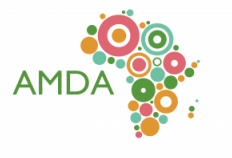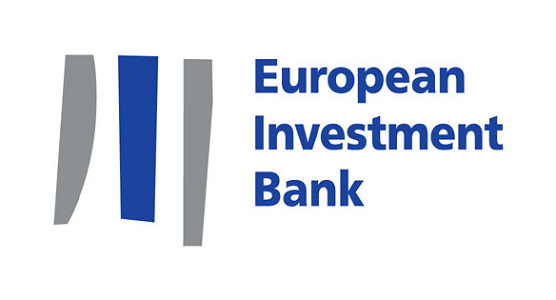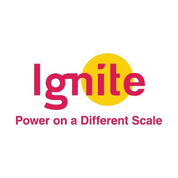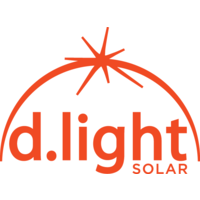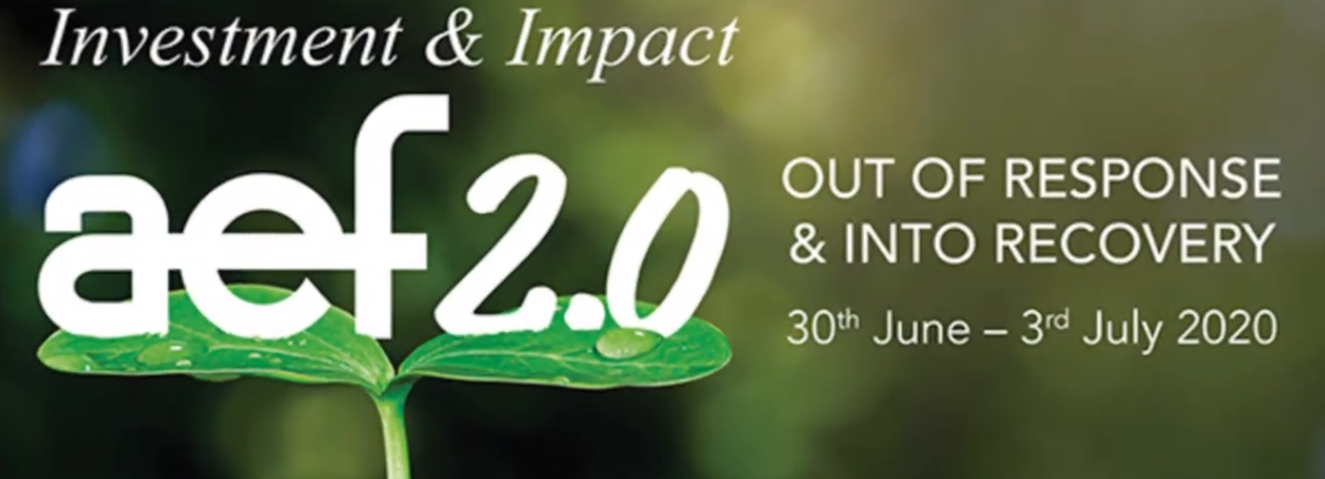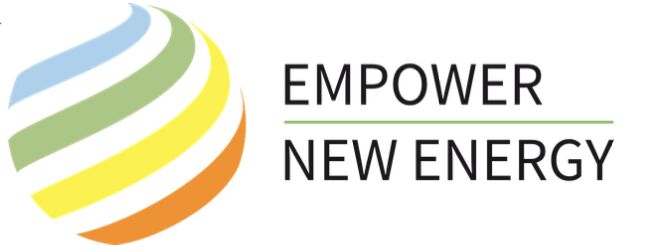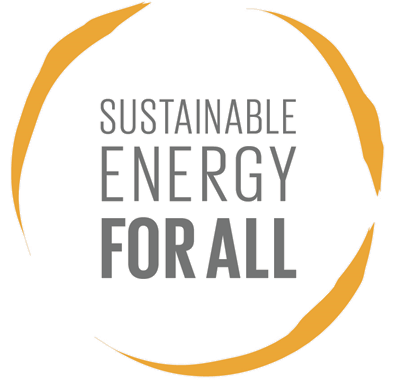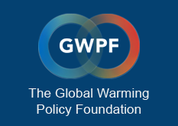13 August 2020: Today (13 August), the Africa Minigrid Developers Association (AMDA), a regional trade group representing distributed generation developers and operators, released its flagship Benchmarking Africa’s Minigrids report, which for the first time measures industry performance through a comprehensive collection of data across 12 countries and 28 companies, encompassing market leaders and newcomers. The report confirmed the essential role of minigrids in ensuring delivery of affordable, clean and reliable electricity to all Africans, and spotlighted both barriers to accelerated growth and ways to overcome them.
The report, produced in collaboration with Economic Consulting Associates (ECA) and Odyssey Energy Solutions, covers a 10-year period and focuses on important metrics such as installed and operating costs, financing, quality of service and regulatory approval times. It provides a previously absent methodology and transparency to track the fast-evolving minigrid sector.
Key Findings and Recommendations include:
- Minigrids outperform utilities in affordability: with average installed costs of $733 per connection, minigrids are significantly less expensive in rural areas than national utilities, which at the lowest are $1,500 per connection, but are often thousands of dollars more costly. This means minigrids save governments money that could be used to support communities in other ways, or to lower the minigrid kilowatt hour price for minigrid consumers. Recommendation: mainstream support for minigrids in national energy policies and budgets.
- Installed costs have dropped more than 60% since 2015: the minigrid sector is quickly maturing, with operational, installation and capital costs decreasing accordingly with scale. Recommendation: increase public support to the private sector to lower minigrid costs further and accelerate private investment into energy access minigrids.
- Better service than the central grid: minigrid service level averages 99.1% from the generation source. This is much higher than utilities, which for example in Zambia is only 72%. Recommendation: fully incorporate service quality as a metric in national electrification planning, and leverage minigrids to ensure reliable and quality electricity supply to rural communities.
- Regulations are stunting minigrid sector growth: energy regulations have historically been designed for small numbers of large projects, not a large number of small projects such as minigrids. This has resulted in average approval times per site for minigrids of more than 52 weeks, which if left unchanged will not allow Africa to achieve universal energy access on an acceptable timescale. Recommendation: digitize, modernize and otherwise streamline regulatory compliance and permitting using 21st century technologies to facilitate bulk minigrid project approval in a more timely fashion.
- Revenues per customer remain low:just like historical rural electrification efforts globally, and rural electrification through national utilities in Africa today, minigrid average revenues per user (ARPU) remain low, at under $5.00 average across all customer categories on the continent, including households and small businesses. Recommendation: increase efforts to economically empower minigrid customers and to increase demand by focusing on productive use applications.
- Public funding is key to unlocking private capital: the report shows that access to concessional finance is directly linked to radical increases in access to additional private capital for minigrid developers, and to increases in connection numbers. Recommendation: greatly increase the size, reliability and geographic scope of public financial support to bring the sector to scale across Africa, not in individual countries as is current practice.
“The Minigrid sector in Africa is beginning to scale up, and that means the beginning of a potentially transformational moment for rural African communities is at hand — if fair and effective financial, commercial and policy solutions are in place for the sector to continue on its current trajectory,” said AMDA CEO Aaron Leopold. “It is now clearer than ever that the sector is maturing, with costs dropping and service improving as investment increases. It is therefore fundamental for developers, donors and national governments to work together to continue to scale up the minigrid sector, while at the same time empowering customers to increase productive energy use that can bring economic benefits to rural communities. Only then can we achieve a financially viable and sustainable operating environment for minigrid companies.”
The AMDA report will be updated on a regular basis, providing high-quality data to decision makers in government and finance to make more informed and effective plans for achieving universal electrification, powering economic growth and enabling rural health and education services.
Developers operating in the following countries participated in the inaugural benchmarking report: Benin, Cameroon, Democratic Republic of Congo, Kenya, Madagascar, Mali, Mauritania, Nigeria, Sierra Leone, Tanzania, Togo and Zambia.
The Full report is available for download here.
###
About Africa Minigrids Developers Association (AMDA): AMDA is an industry association created by private sector minigrid developers and operators, donors and investors seeking to improve market conditions for minigrid companies. This includes working to improve policy, regulation and investment towards ending energy poverty by 2030 as part of the Sustainable Development Goals. Today, AMDA represents over 30 companies, who are operating minigrids across 12 countries.





